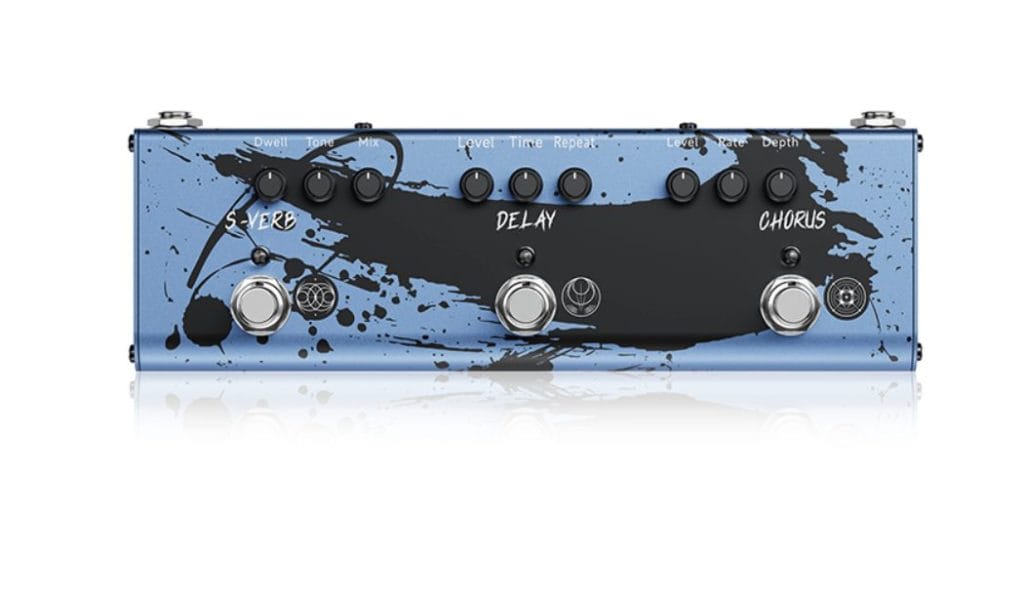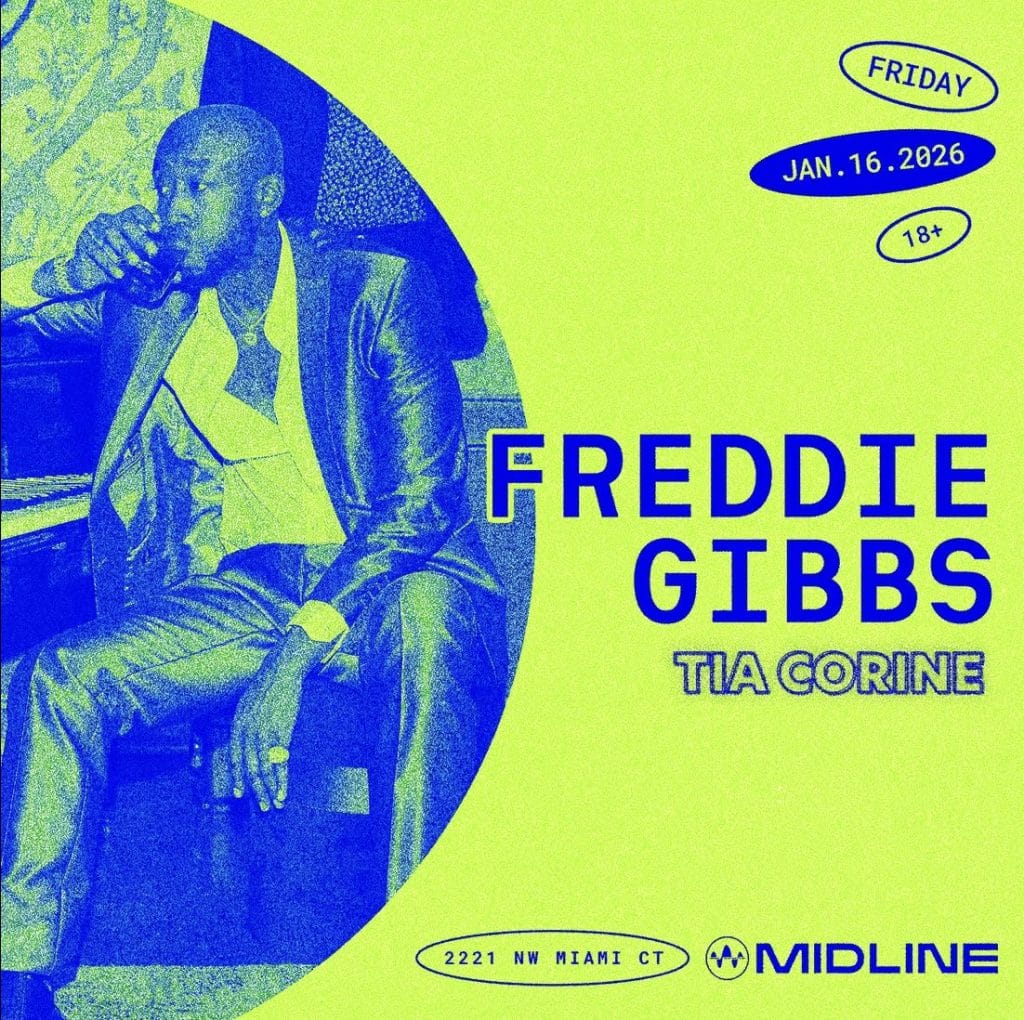Image Cred: Mije
With his sophomore album Sunk Cost Fallacy out now via UKF’s Pilot imprint, UK-based artist Fox Stevenson steps fully into the spotlight of genre-fluid songwriting. Blending alt-pop, punk, and electronic energy into one of the year’s most thoughtfully crafted independent releases, Sunk Cost Fallacy is both a statement of identity and a moment of momentum.
In this exclusive interview with Magnetic, Fox opens up about his mindset in the studio, his evolving relationship to musical wins, and how staying present fuels his most honest ideas.
Follow Fox Stevenson:
Instagram | Facebook | X
Do you approach sessions with a clean slate, or do you try to pick up where you left off?
I think it’s impossible to truly pick up where you left off mostly because the moments that you were in yesterday are different from today—which sounds a little overly romantic. When you sit down at something that you made last night in a frenzy, for example, you’re more awake now that it’s no longer nighttime, and even that alone has a massive effect on how you approach a piece.
When I approach a session fresh, I do everything in my power to hear what is already there as honestly as I can and try to see what the point of the thing was in the first place. I take stock of what’s not working, and then just go from there. I do my best not to think too much and just react honestly and execute on those reactions.
I used to spend a really long time trying to bully pieces of music into being what I wish they were, instead of turning them into the best version of themselves. That bullying can really hurt the spirit of what made you excited about that piece of music in the first place. Though if you’re making music for a specific context, that can become a difficult push and pull.
What’s changed in how you walk into the studio now compared to a few years ago?
I think I’m freer these days. I really don’t care if something isn’t clubby or heavy enough or melodic enough or too long—whatever. I do everything in my power to stay with what the track felt like to me at the moment I first went, “Oh, I have something here.”
I used to aim to use whichever new techniques or tricks I had discovered recently in my latest music. Now, I hold off any and all “taking out” until the exact moment that that technique is required. It’s a lot of fun to flex that really cool sound you made recently, but shoehorning tends to hurt tracks more than help them. Not every time, of course—it’s always worth trying.
How do you stay open to what’s different today, even if the setup hasn’t changed?
I do my best to see the merits in any new music, even if I don’t necessarily like the track—especially when something is popular. It’s popular for a reason, and if you keep your ears open, you can notice the tone of music in general change over the years. The way I digest that is to ask: “What does this mean to my music?” “What if my elements were in this kind of soundstage?”
A good example of a recent shift in mixdowns is that high-end has become a lot sparser and more dynamic. Mixdowns were noisier up top a while back. Lots of people are hard cutting highs on many of the elements in their tunes, and in a lot of cases, it’s very pleasant—nice to listen to. So noticing that, I’ll try that within my own frameworks, see what that does in a Fox tune.
Beyond that, I let the influence of current sounds be more of a subconscious one. If I can find the beauty in a modern tune, then something’s bound to surface in a choice I make somewhere down the line.
What helps you notice what’s new about a familiar idea, tool, or sound?
Iteration. I think it’s important to re-address everything you do as a producer once in a while. I don’t think it’s easy to grow as a musician without deliberately driving to do things differently often, like, “Last week I made my drums this way, what if I completely did the opposite today?”
It’s important to allow for a chaos factor, especially in the early steps of making a track. You never know what dumb decision you’re not considering that would take what you have and make it sound 10x better. Sometimes it’s just good to do random stuff.
A super helpful byproduct of this is that you end up learning new ways to use the same tools you’ve always had. And if what you tried today didn’t work, if you remember the effect it had, there may be a day you need to do exactly that—and now you know how.
How do you make sure you’re actually responding to the moment—not just chasing what worked last time?

I think that’s actually a huge question because we’re all attracted to moments of recognition in music, but that can become formula so easily. For that reason, I never use a template. I feel templates put low-hanging-fruit decisions too close within reach. That could just be me.
It also helps to imagine: “What is the best version of this song?” and try to hear it before it exists—then shoot for that.
It helps to remember that the first time you get a particular sound right it’s usually because you weren’t trying to get to that sound—it just ended up that way. I think the essence of ending up somewhere great through just creating is very different from setting that same destination as the end goal. With the latter motive, you totally blind yourself to other potential outcomes for a piece of music—any number of which could have been other new, exciting wins.
What would you tell someone trying to repeat a win instead of staying present?
I’m a firm believer that the first time is usually the best when it comes to nailing a particular sound for a track.
We hear a lot of times when a producer made a tune that’s been received really well and they try to reiterate it with a new track—but there’s a problem.
Often the reason that the first track was so right was because they were making it for itself. Now you have the baggage of trying to second guess what worked so well the first time, and that’s a losing battle. Was it the vibe of the melodies? The sound of the drums? The bass sound? Some kind of intangible relationship between certain elements? Who knows?
One thing I think never fails is just making something that gives you a strong, honest reaction. If you’re not getting that, it might be time to open a new project file.
Your past musical wins are already wins—you’ve already won there. What else can you do? (Lots, I bet.)
The post Fox Stevenson on His New Album, Studio Growth, and Letting Go of Templates appeared first on Magnetic Magazine.






